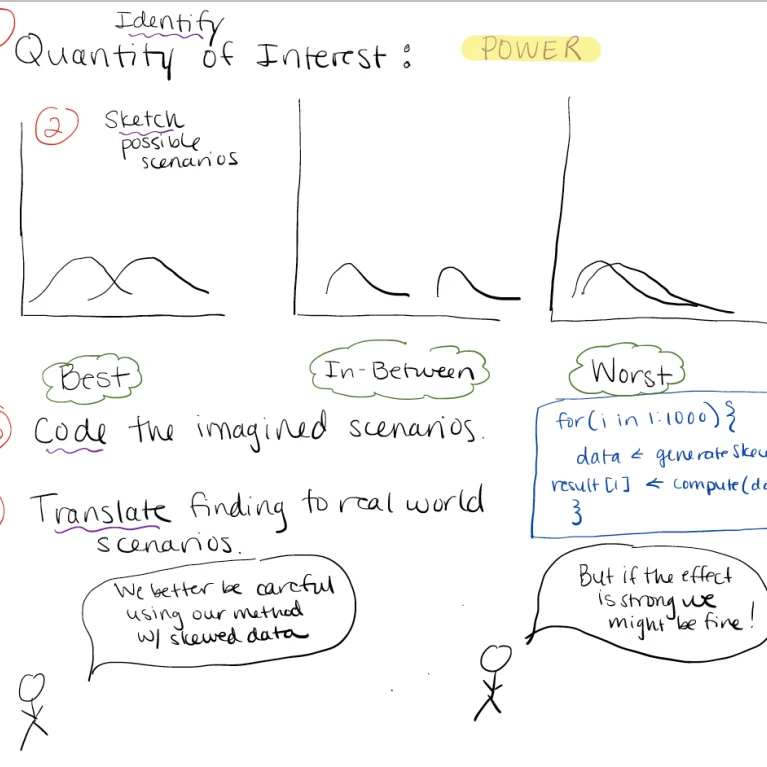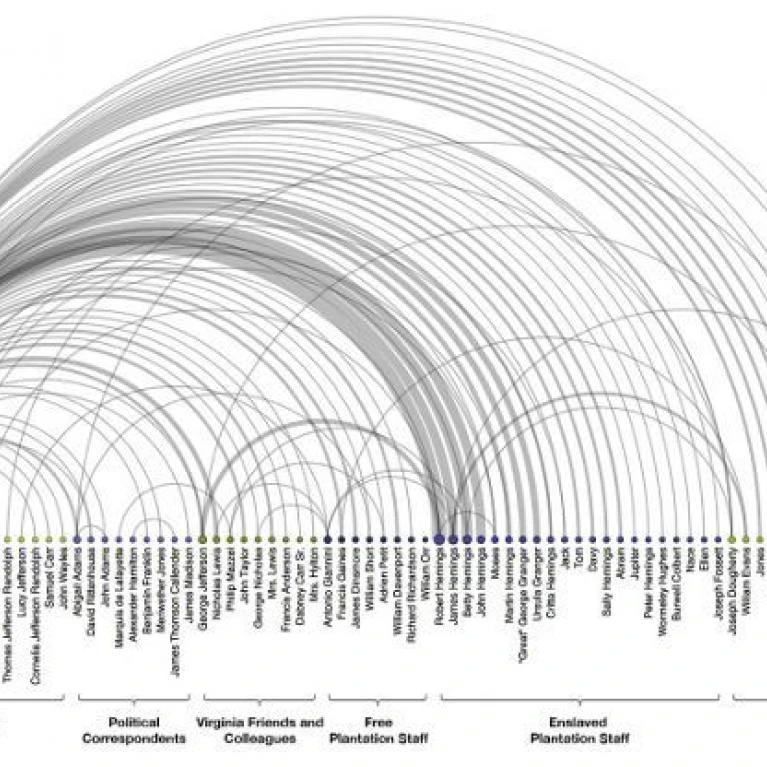Design in Data Series 2022
How do you work with data? How do you decide how to work with data? In this series, we invite engaging speakers to highlight how design and creativity are integral to working with data, from process engineering to data visualization.

Personal Geomasking Behaviors and the Quest for Geoprivacy
Associate Professor of Geographic Information Systems
Colorado Mountain College
2019-2020 EthicalGEO Fellow, American Geographical Society
March 24, 2022. 1-2pm MST Register
Bio
Dara Seidl is an Associate Professor of GIS at Colorado Mountain College. As an American Geographical Society EthicalGEO fellow, Dr. Seidl created an educational video series on geoprivacy and the ways in which location data flow without our knowledge.

The Design of Simulation Studies: Crafting Best and Worst Case Scenarios (and Everything in Between)
Assistant Professor, Mathematics
Bucknell University
2018-2020 Fellow, Berkeley Institute for Data Sciences
March 31, 2022. 1-2pm MST Register
Bio
Sara Stoudt is an applied statistician with research interests in ecology and the communication of statistics. Stoudt received her doctorate in statistics from the University of California, Berkeley, and she is an Assistant Professor in the Department of Mathematics at Bucknell University. Follow her on Twitter (@sastoudt) and check out her recent book with Deborah Nolan, Communicating with Data: The Art of Writing for Data Science.

Data Feminism in Action
Winship Distinguished Research Professor
Associate Professor
Director, Digital Humanities Lab
Emory University
April 14, 2022. 11am-12pm MST Register
Abstract
What is data feminism? How is feminist thinking being incorporated into data-driven work? And how are scholars in the humanities, in particular, bringing together data science, data visualization, and feminist theory in their research? Drawing from her recent book, Data Feminism (MIT Press), coauthored with Catherine D'Ignazio, Klein will present a set of principles for doing data science that are informed by the past several decades of intersectional feminist activism and critical thought. In order to illustrate these principles, as well as some of the ways that scholars have begun to put them into action, she will discuss a range of recent research projects including several of her own: 1) a thematic analysis of a large corpus of nineteenth-century newspapers that reveals the invisible labor of women newspaper editors; 2) the development of a model of lexical semantic change that, when combined with network analysis, tells a new story about Black activism in the nineteenth-century United States; and 3) an interactive book on the history of data visualization that shows how questions of politics have been present in the field since its start. Taken together, these examples demonstrate how feminist thinking can be operationalized into more ethical, more intentional, and more capacious data practices, in the digital humanities and beyond.
Bio
Lauren Klein is Winship Distinguished Research Professor and Associate Professor in the departments of English and Quantitative Theory & Methods at Emory University, where she also directs the Digital Humanities Lab. She is the author of An Archive of Taste: Race and Eating in the Early United States (University of Minnesota Press, 2020) and, with Catherine D’Ignazio, Data Feminism (MIT Press, 2020). With Matthew K. Gold, she edits Debates in the Digital Humanities, a hybrid print-digital publication stream that explores debates in the field as they emerge.

